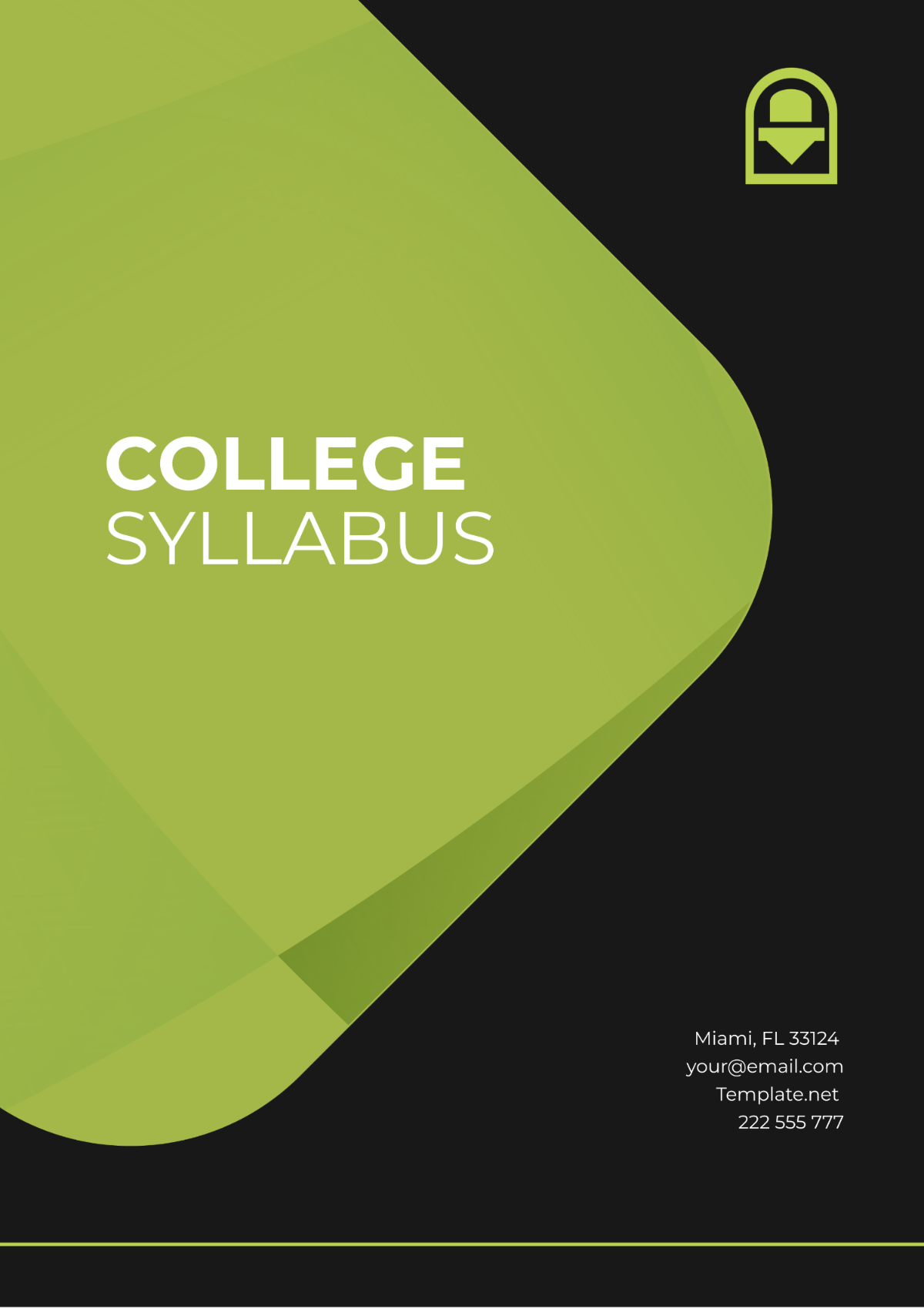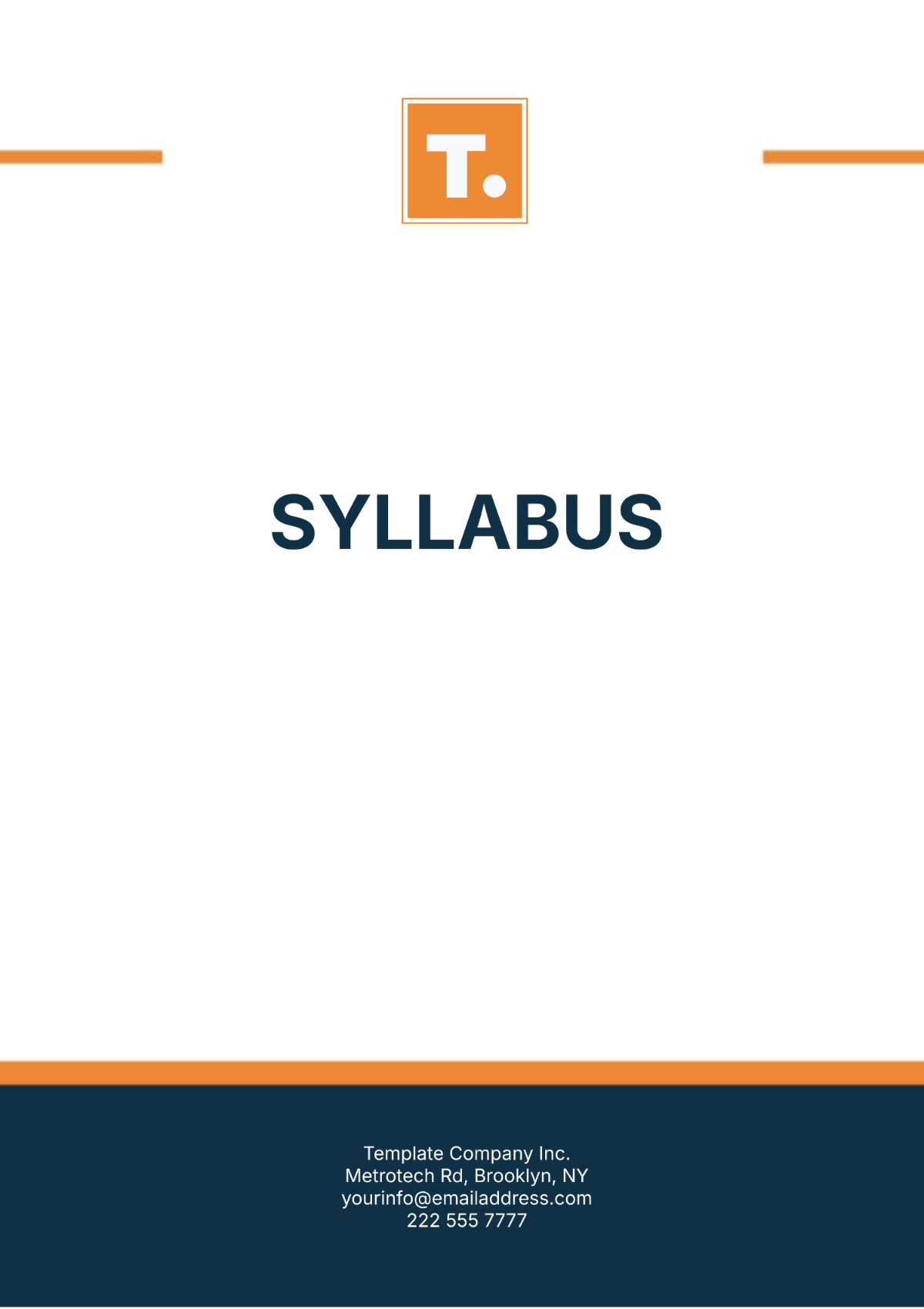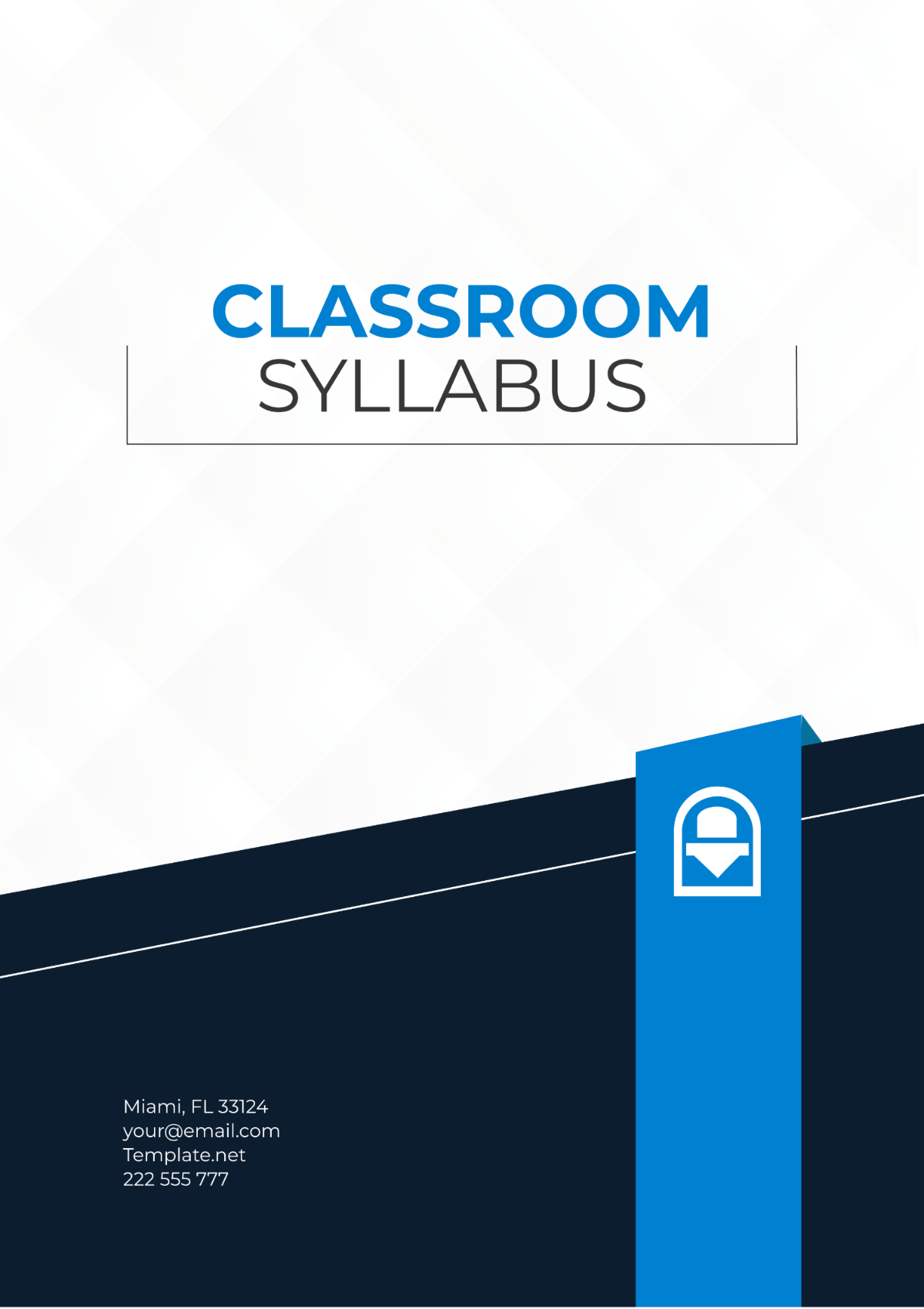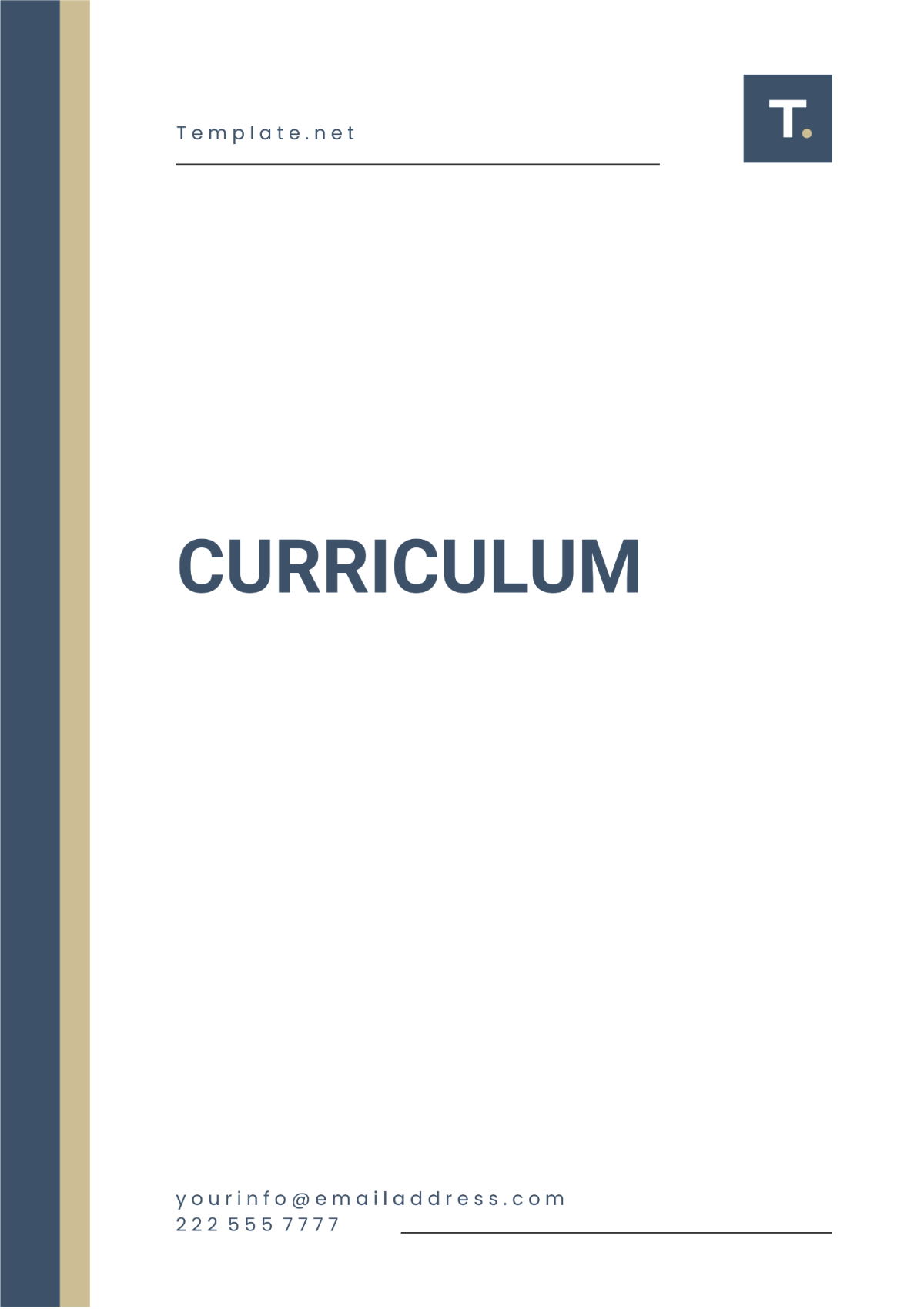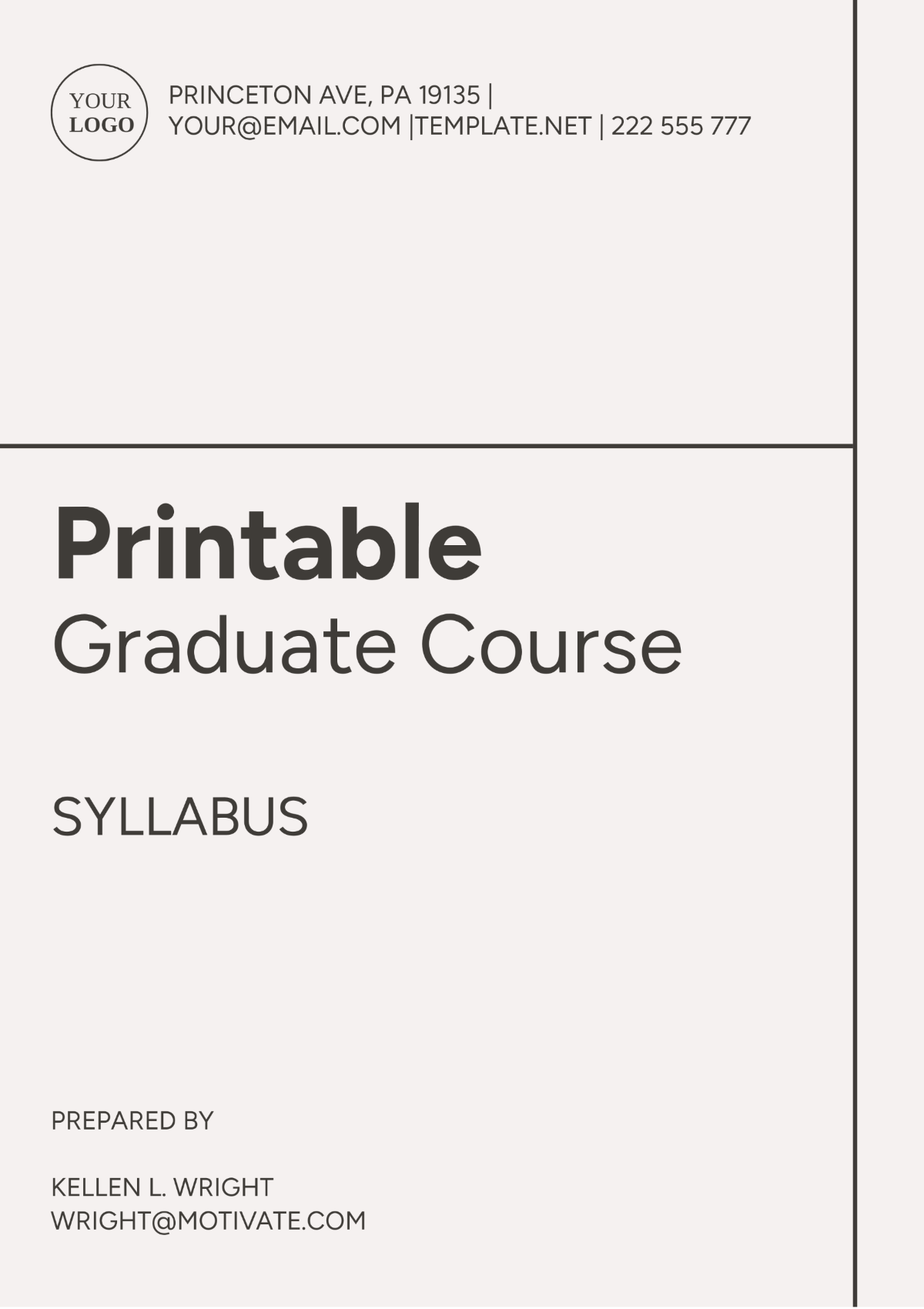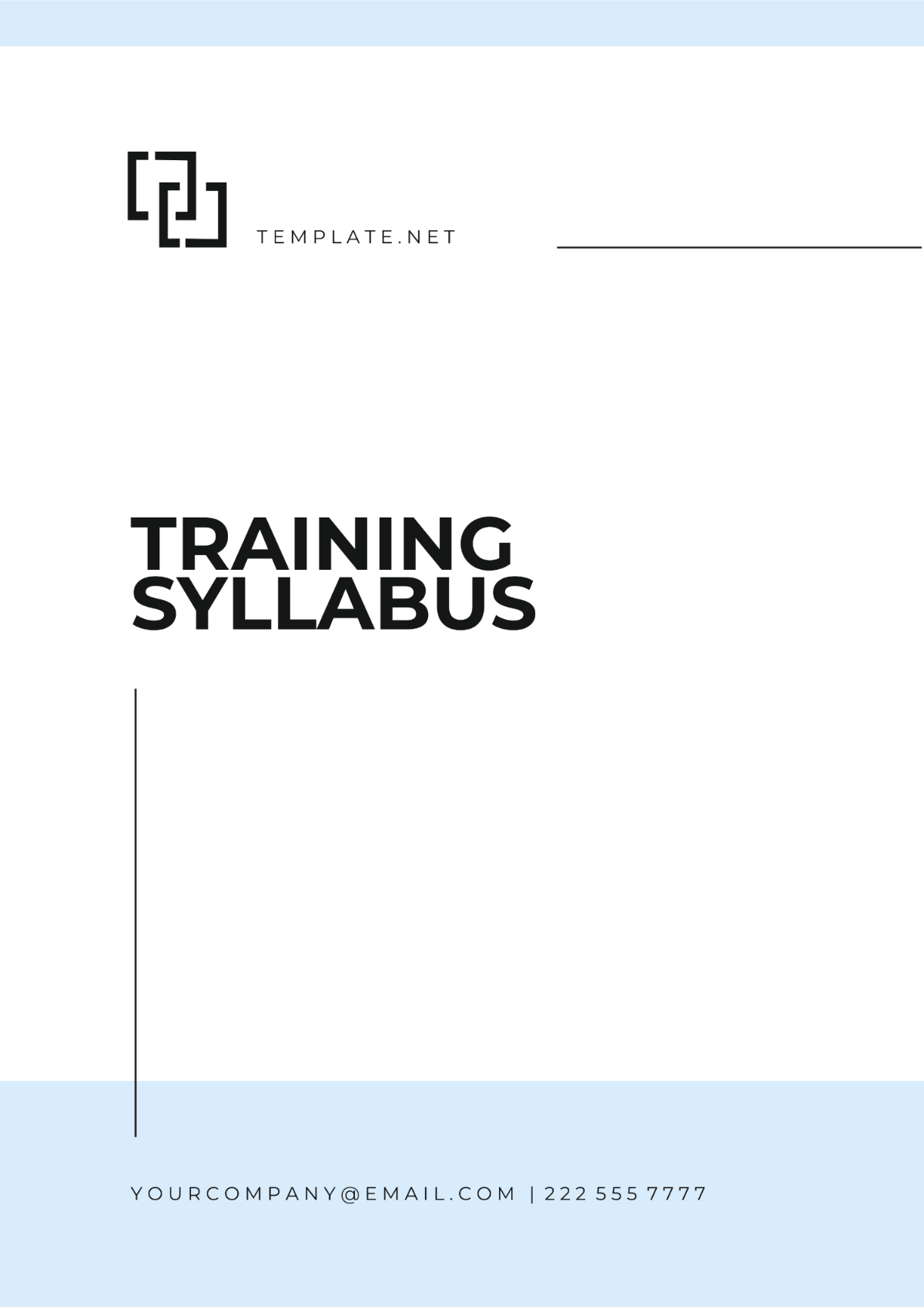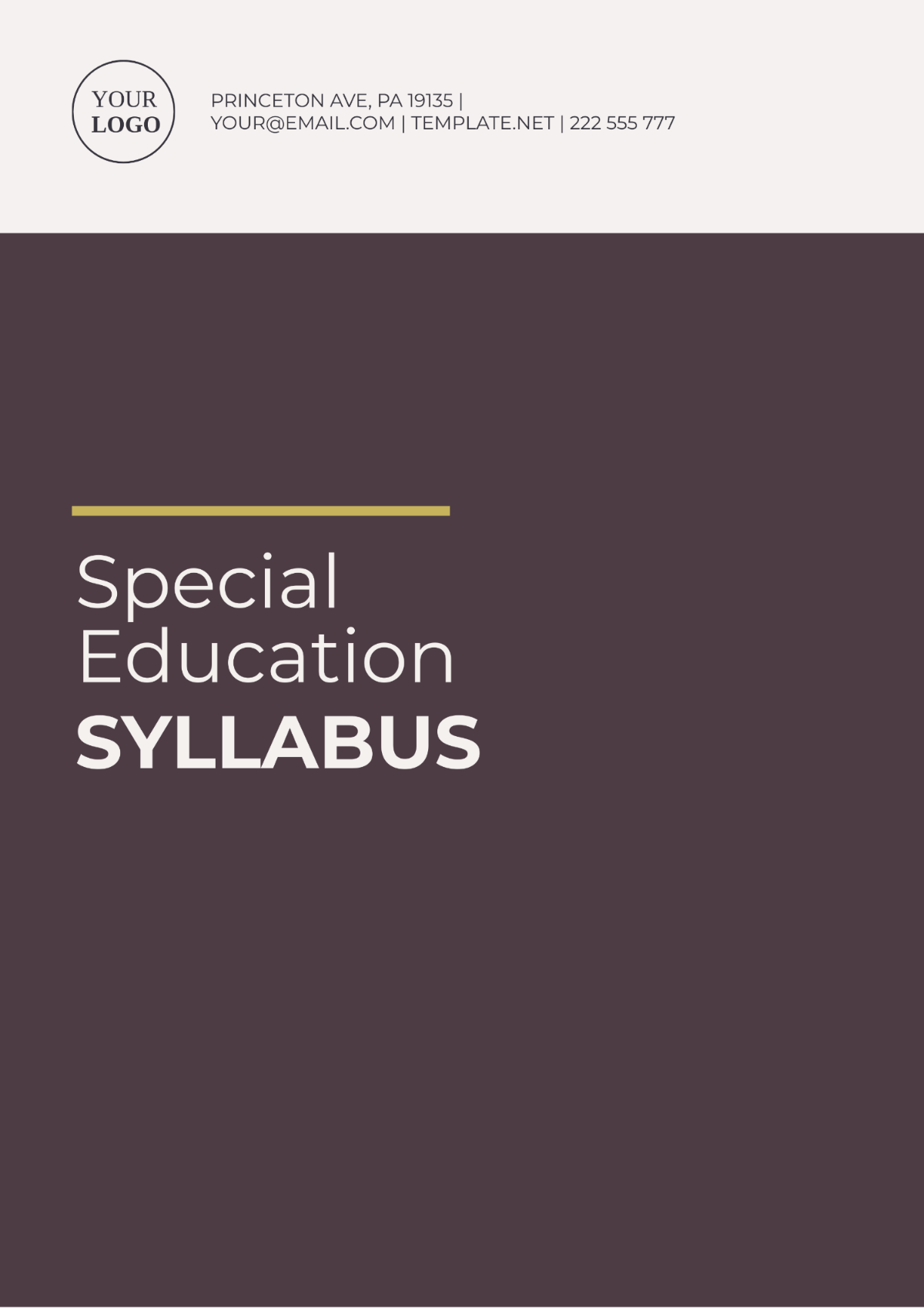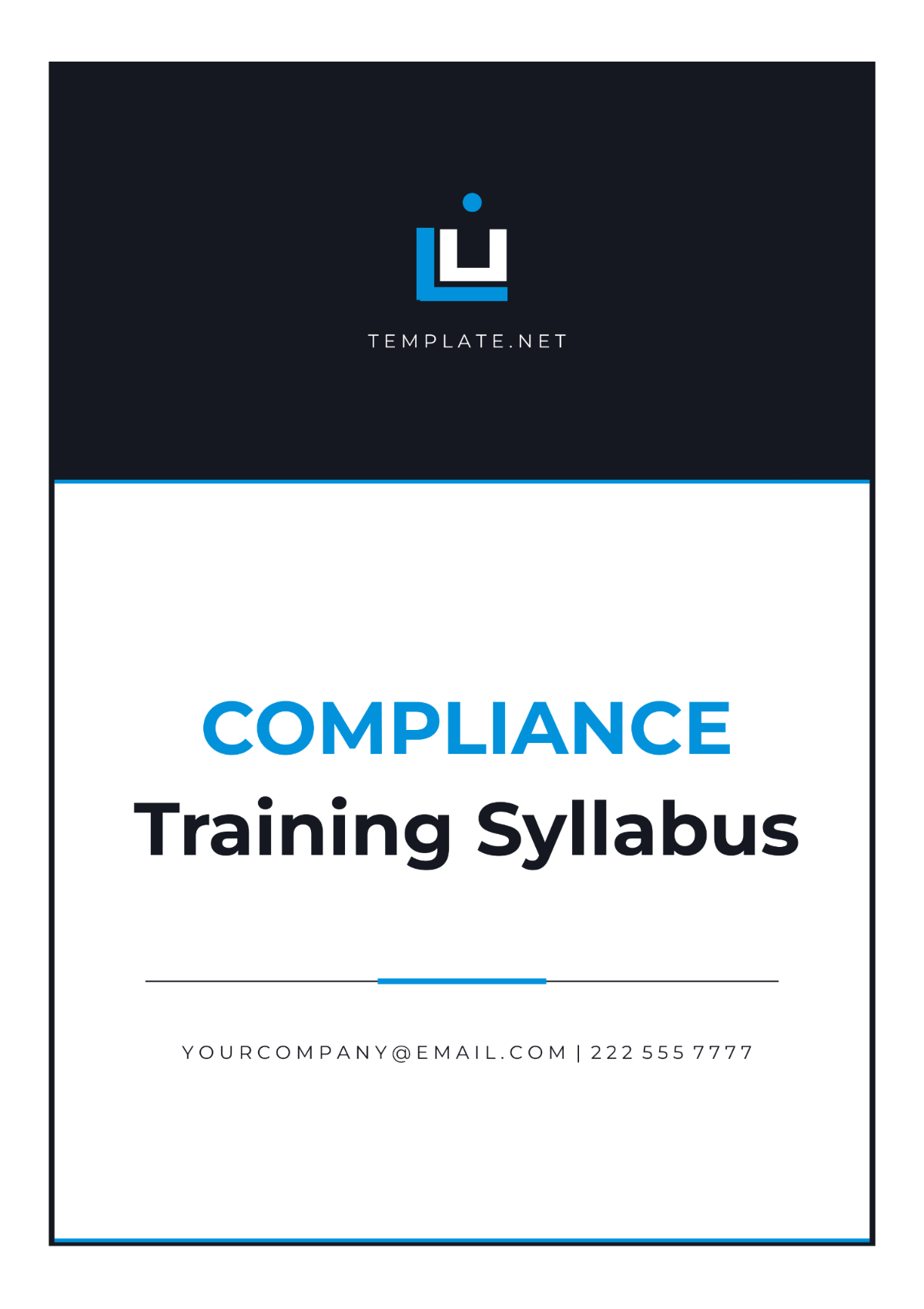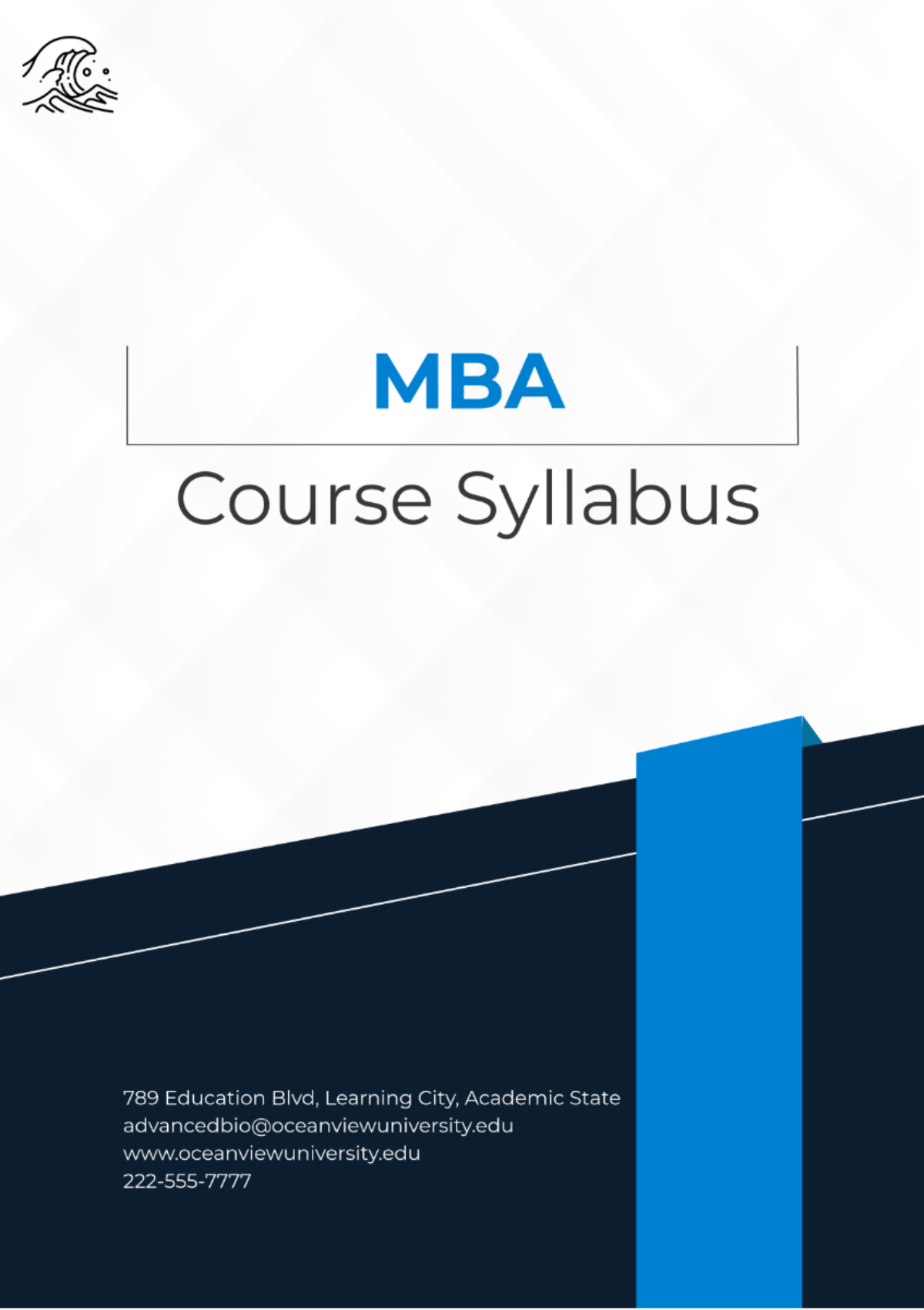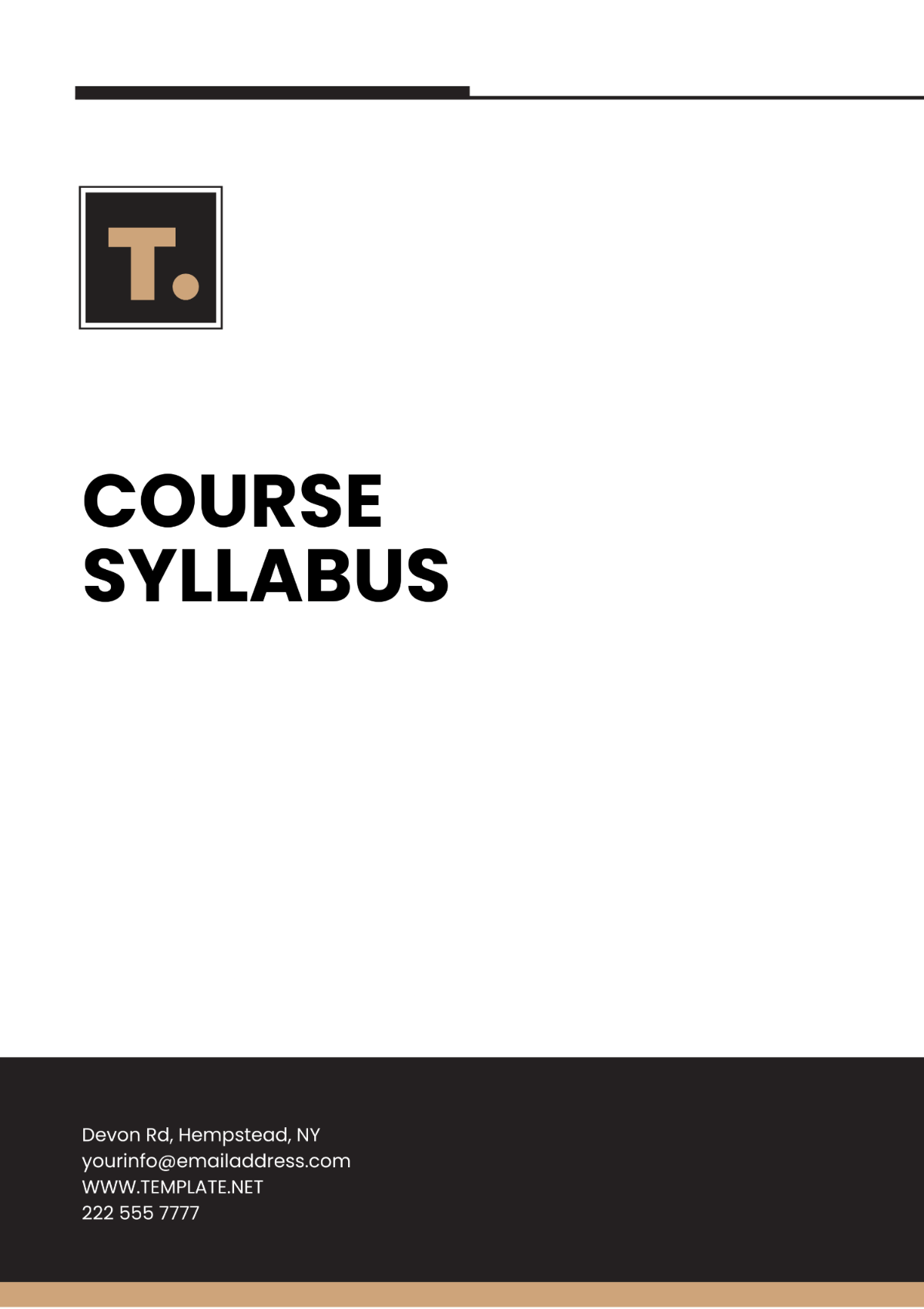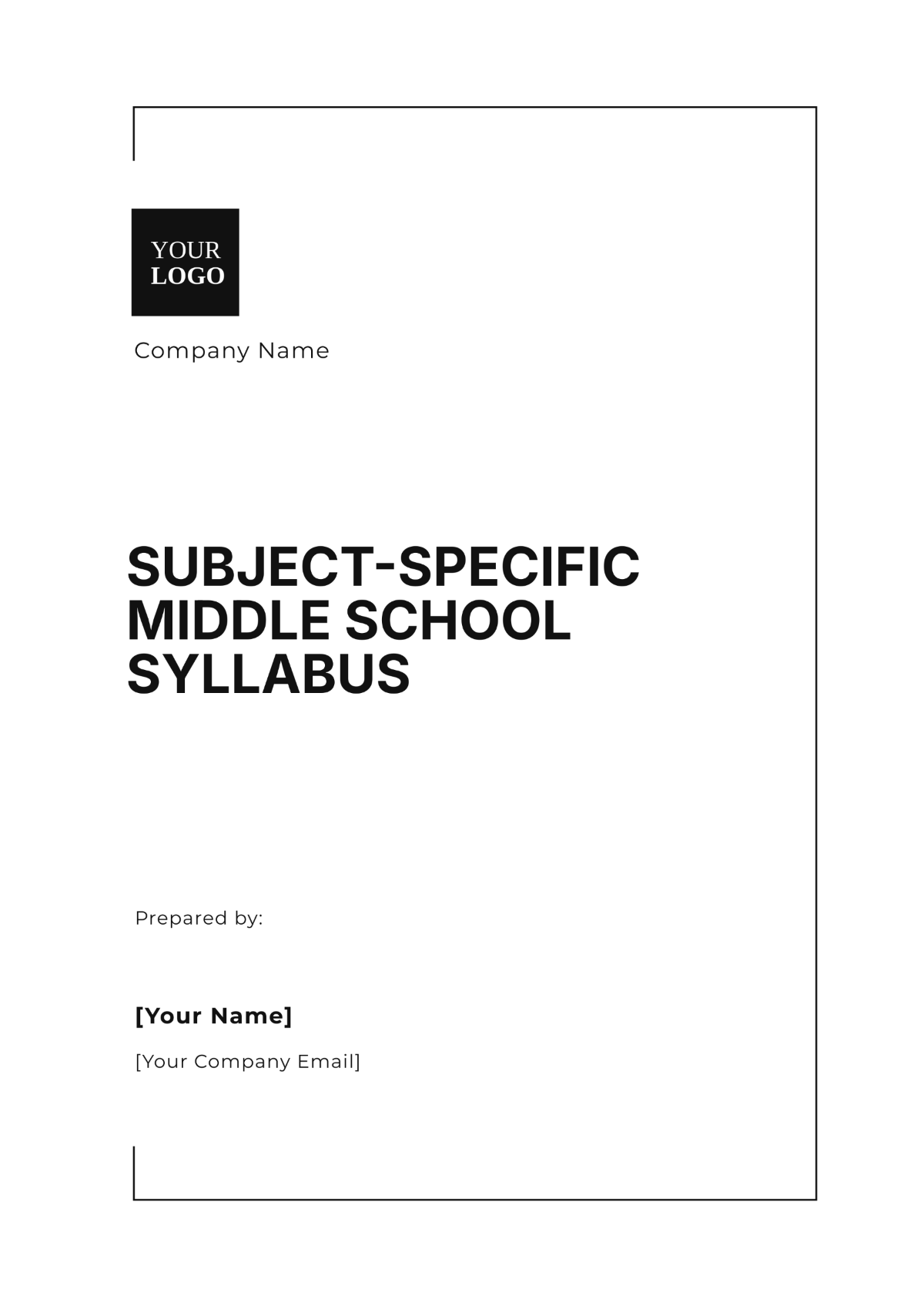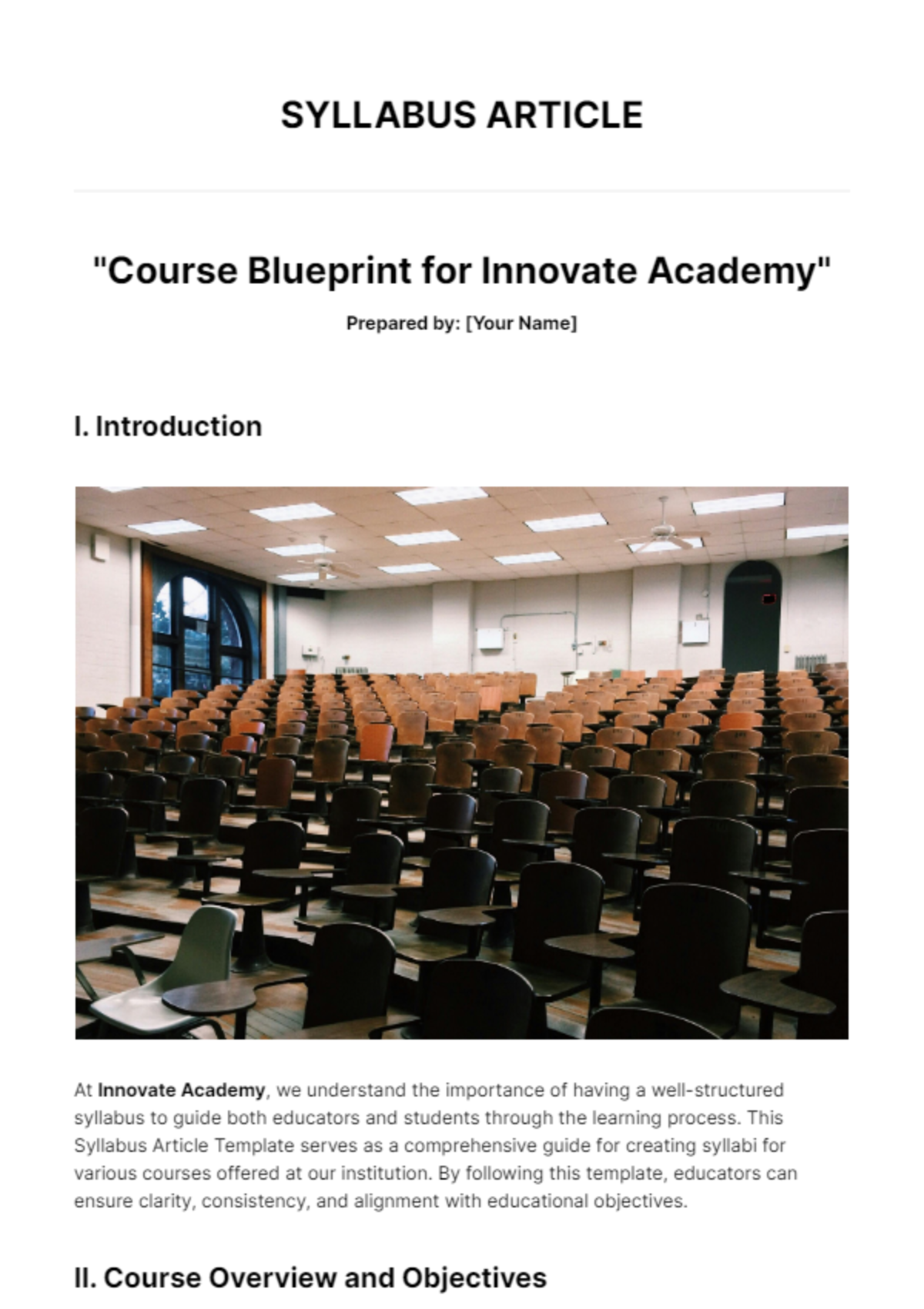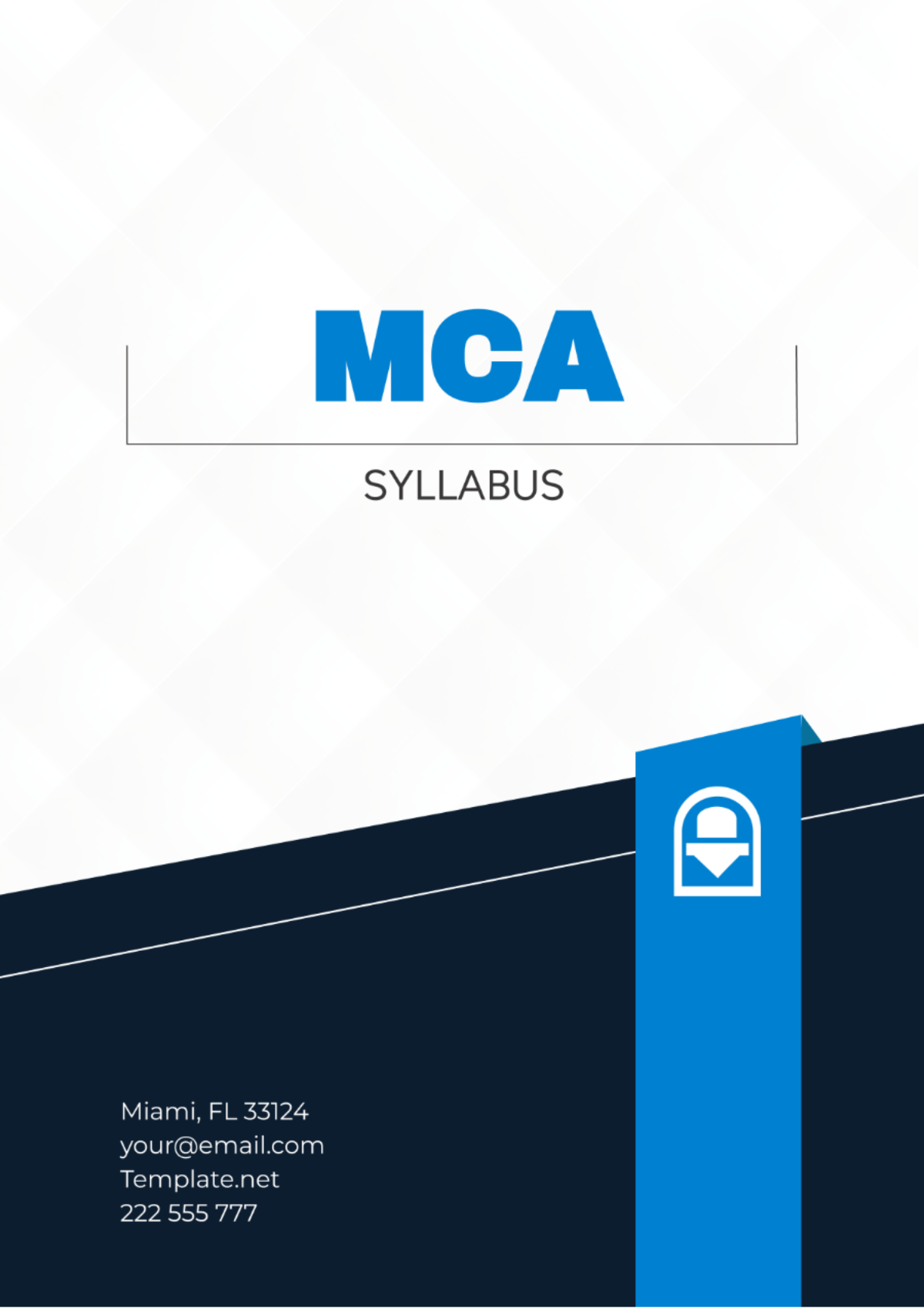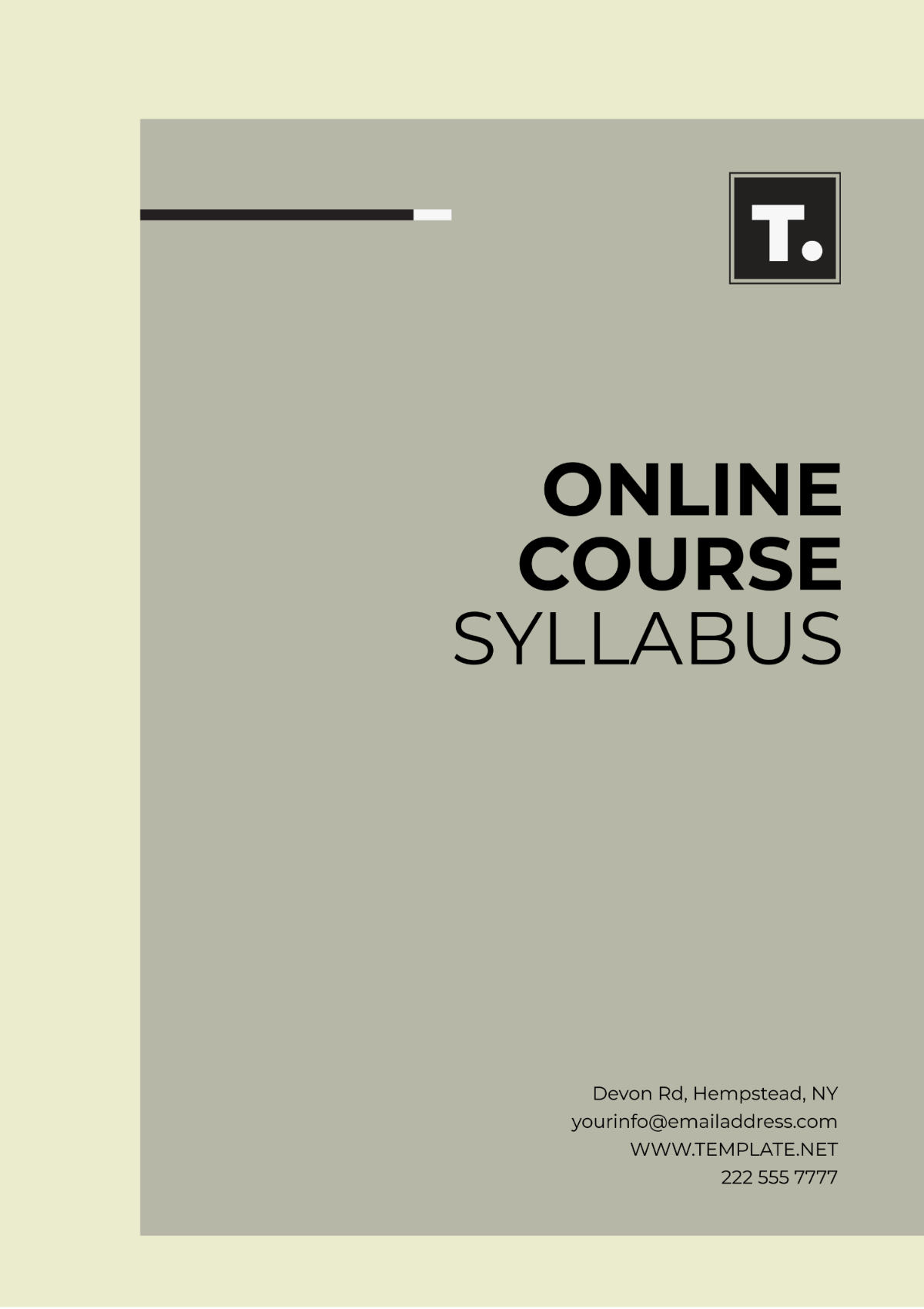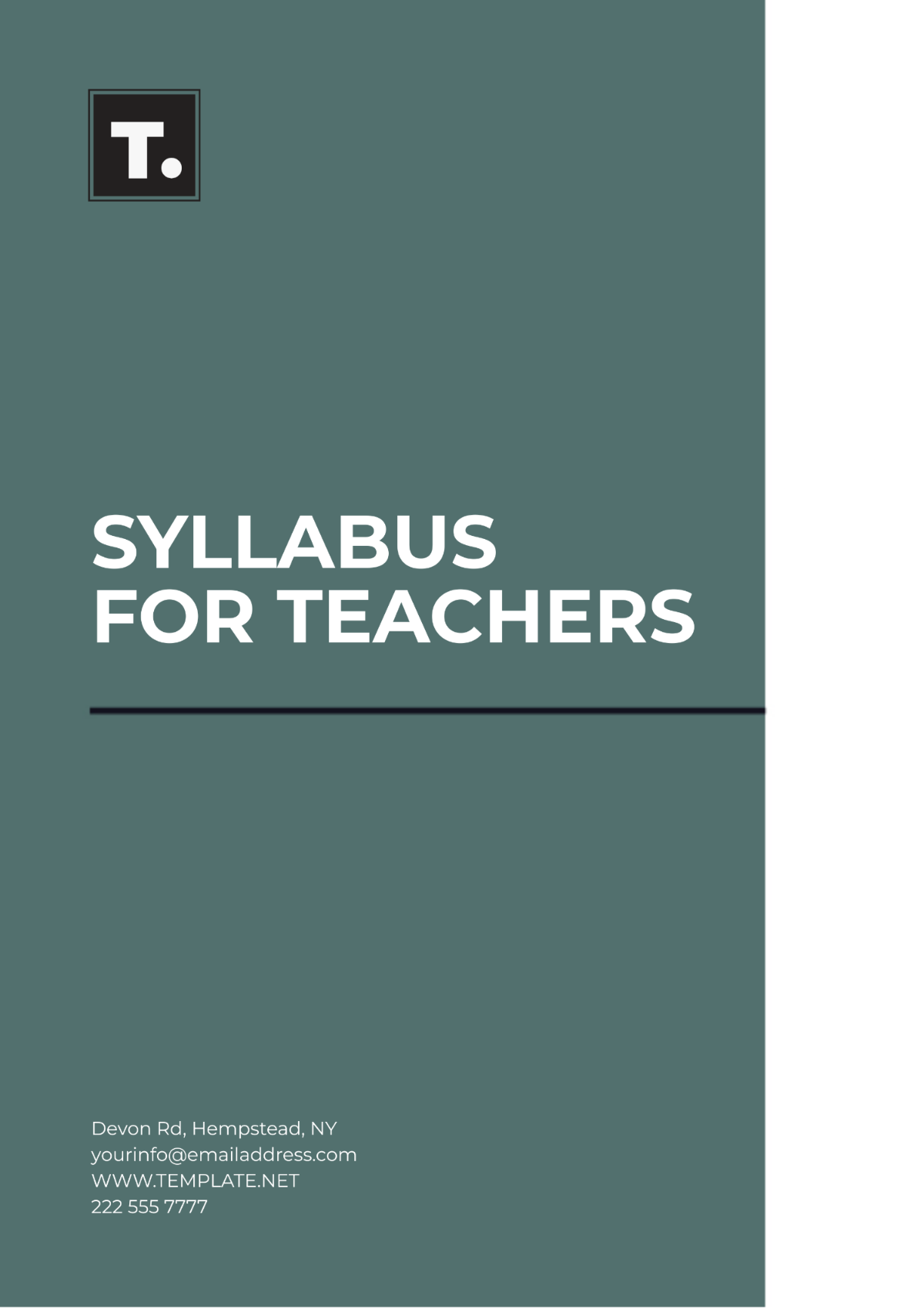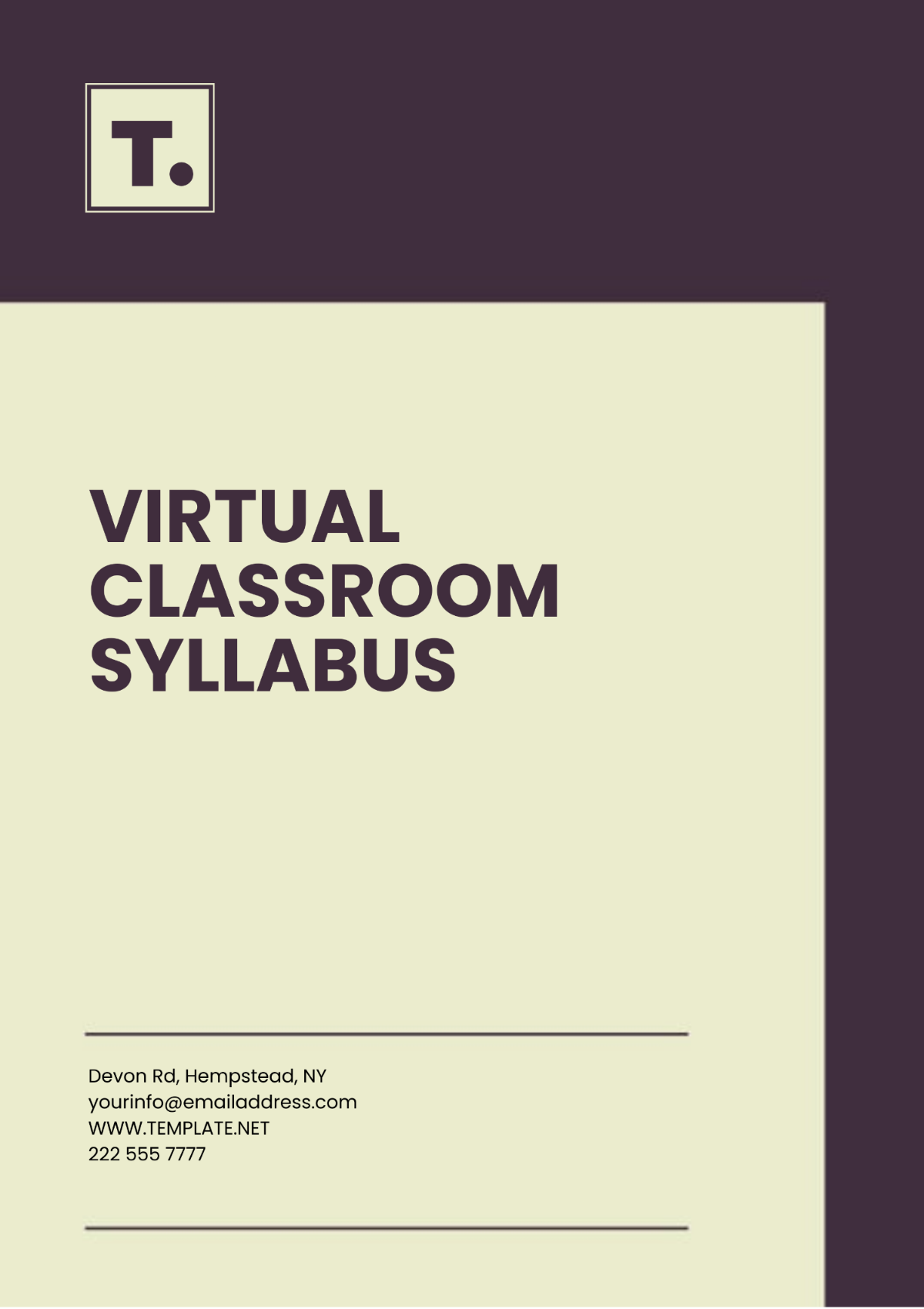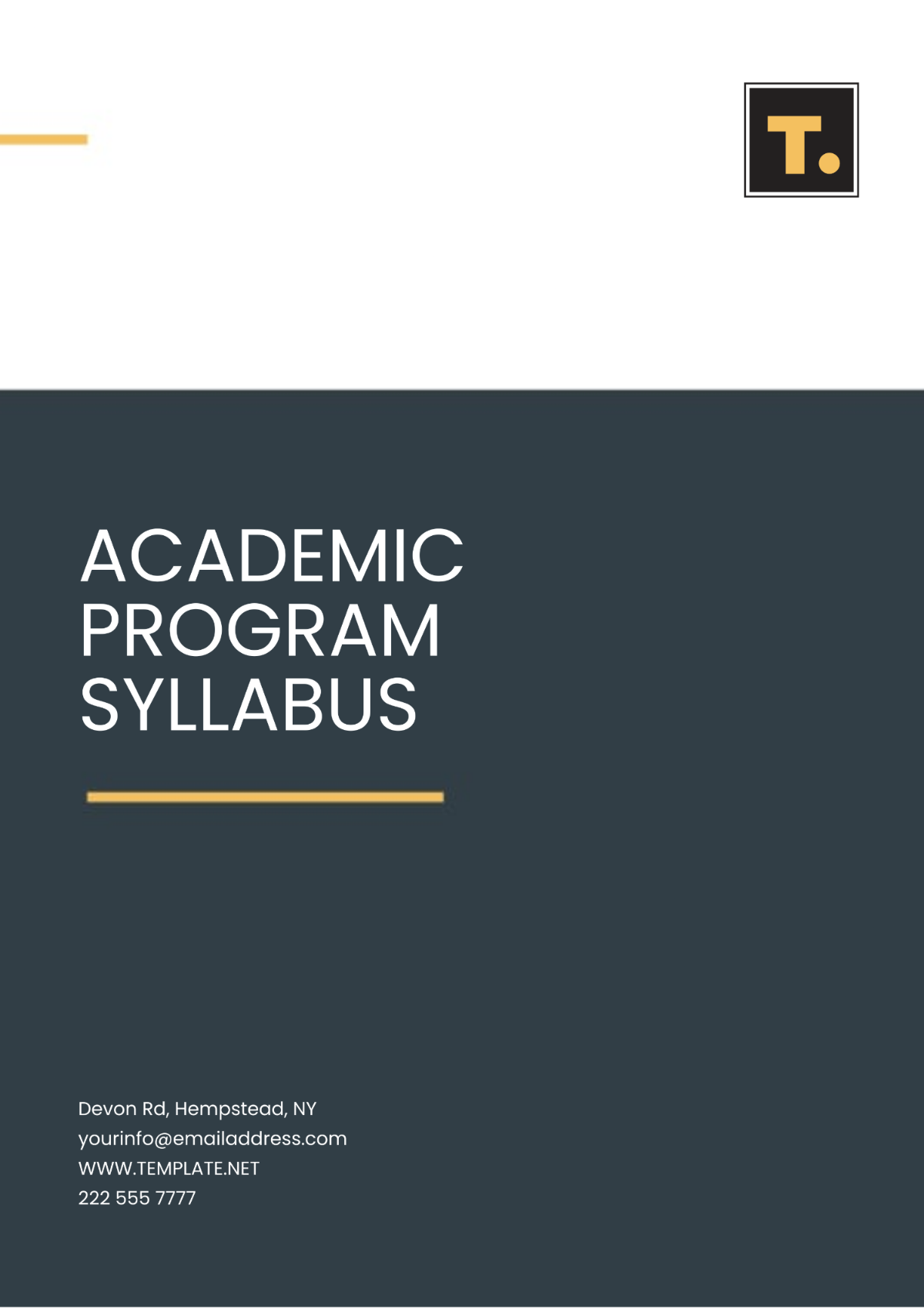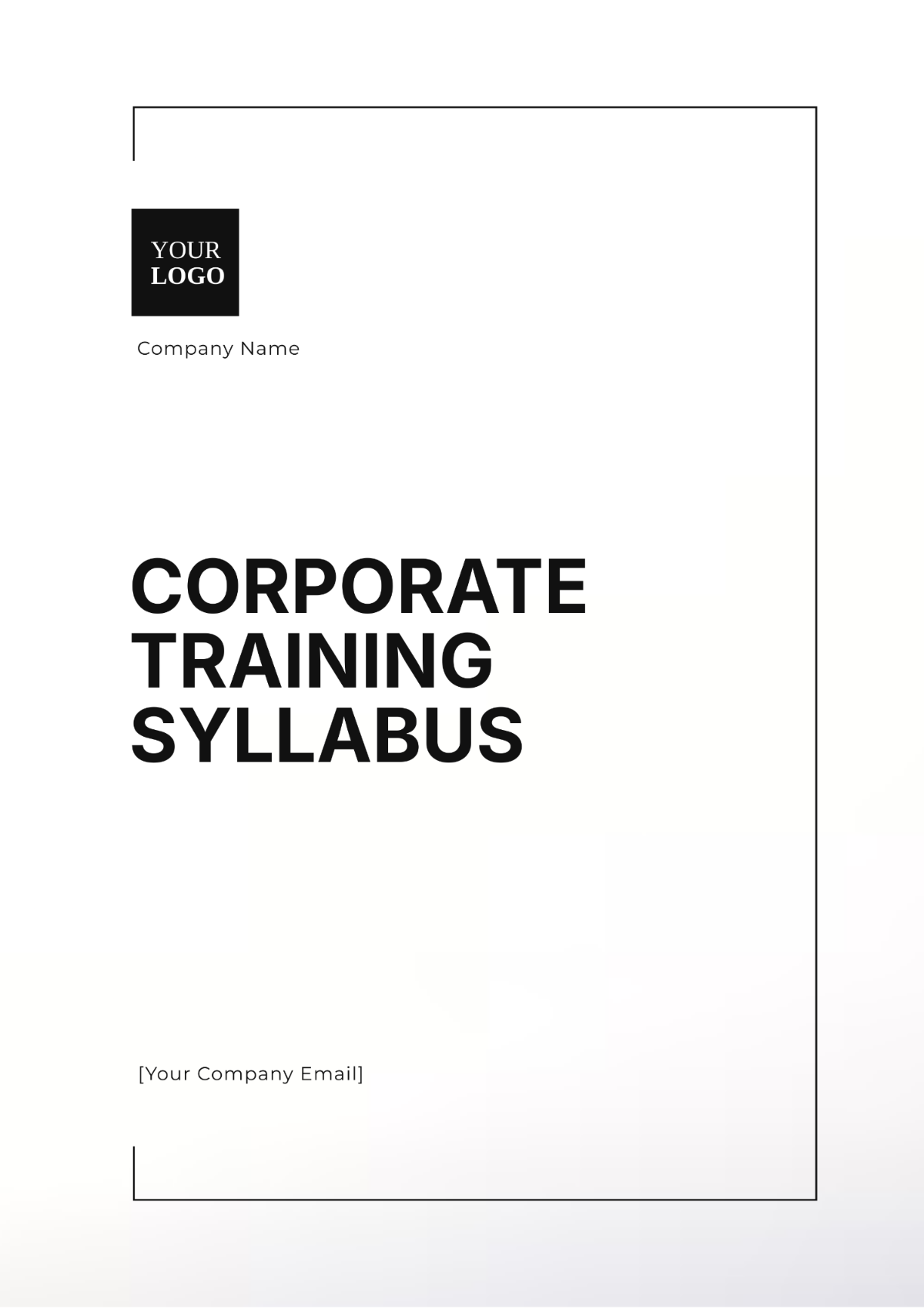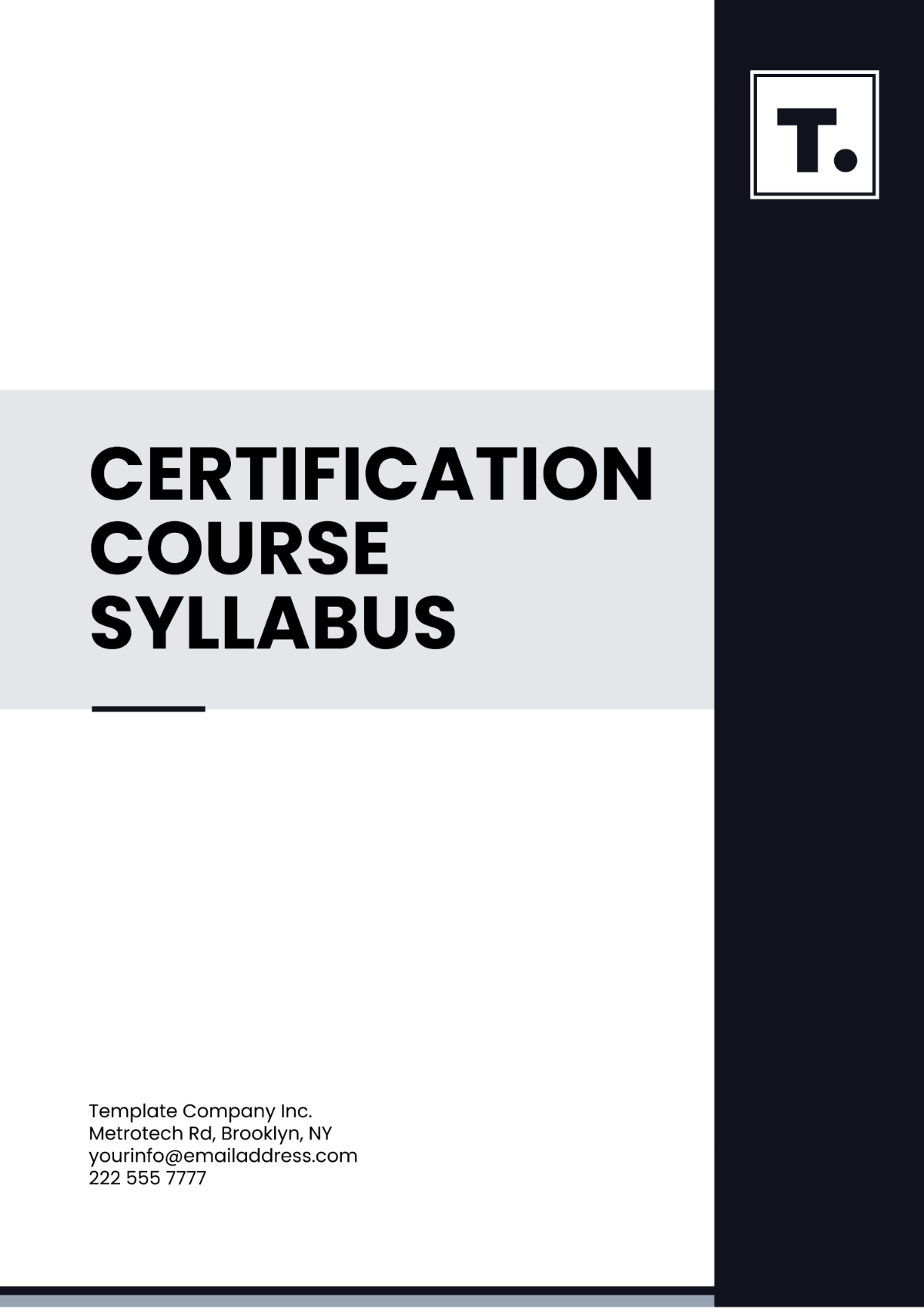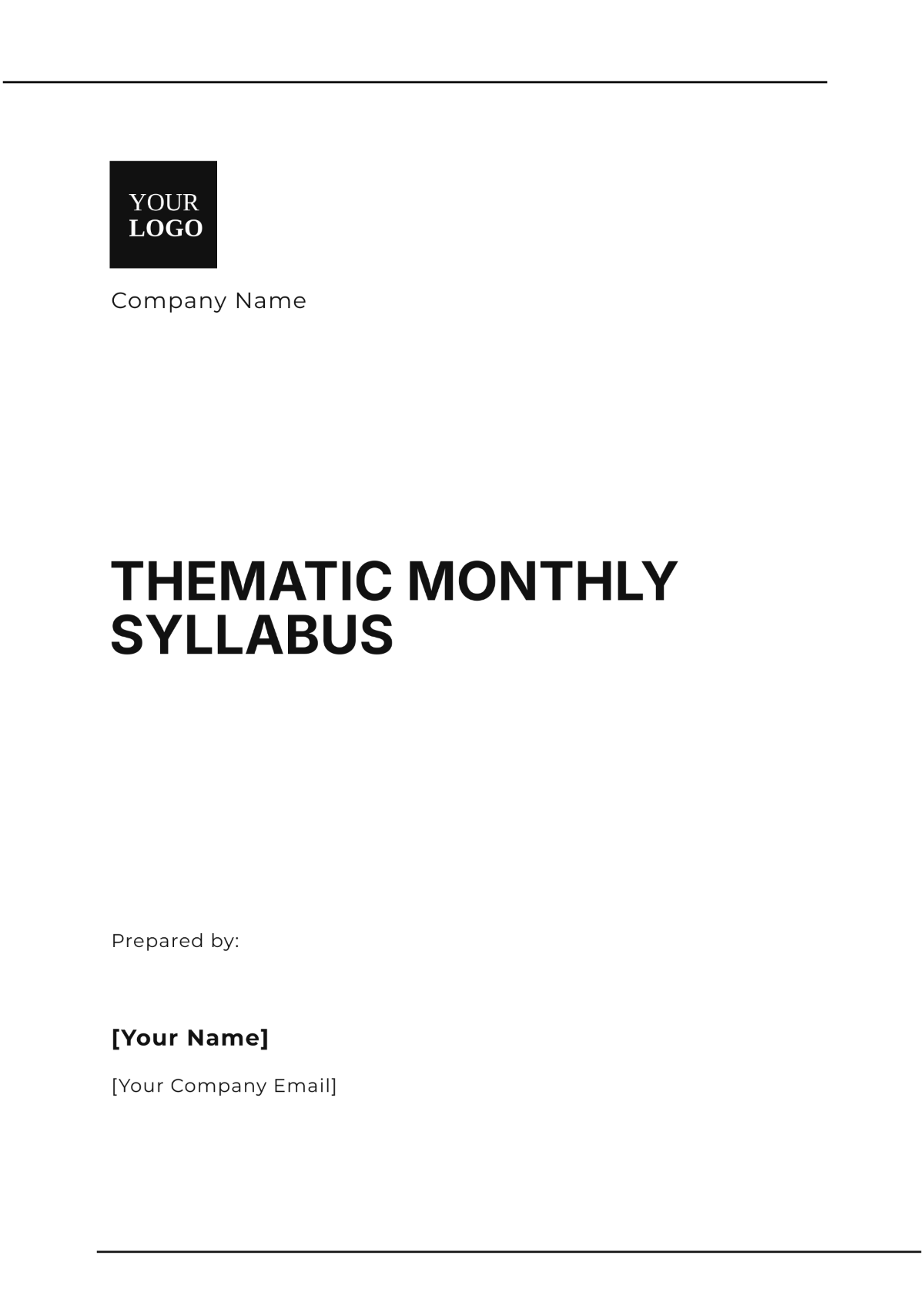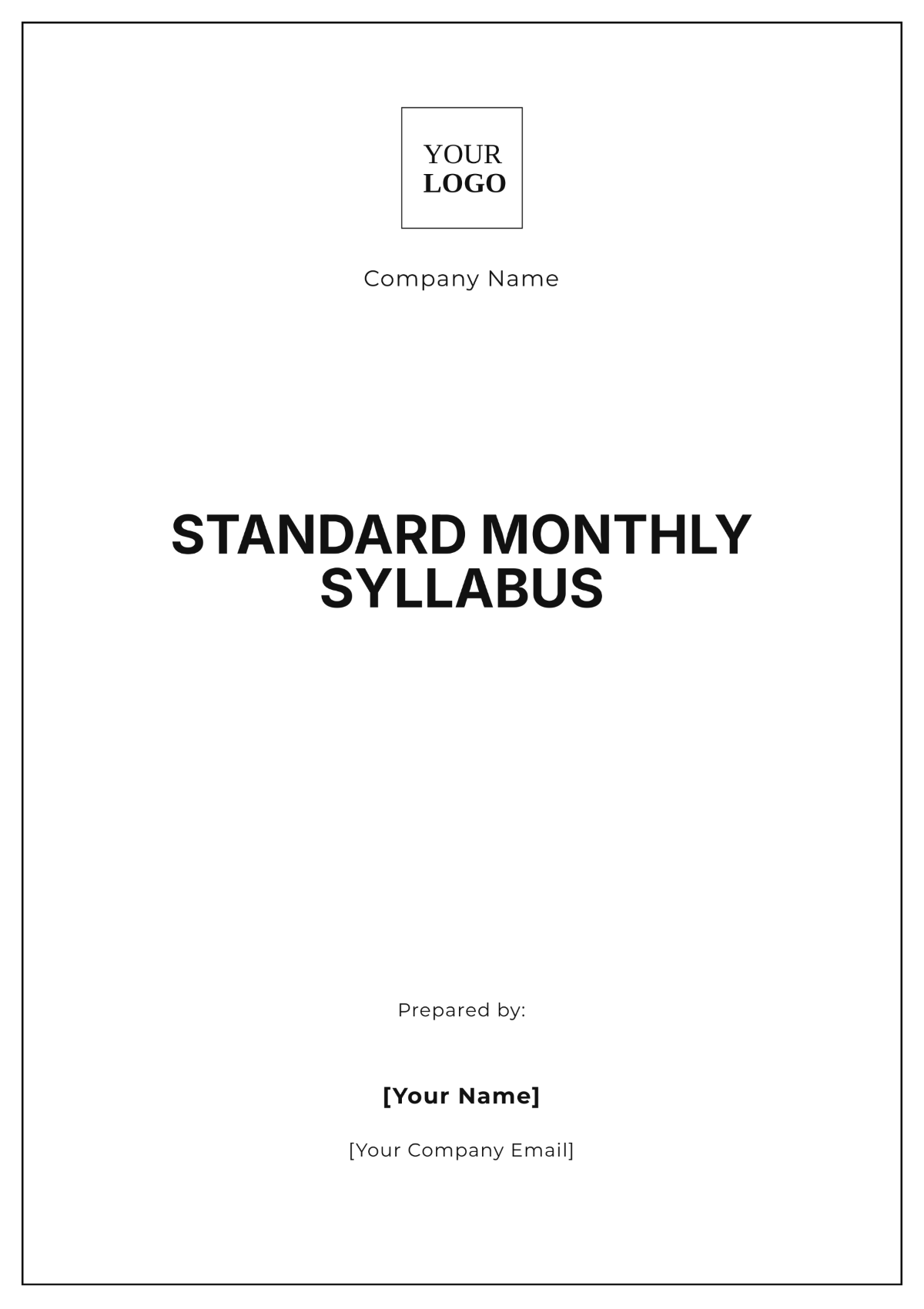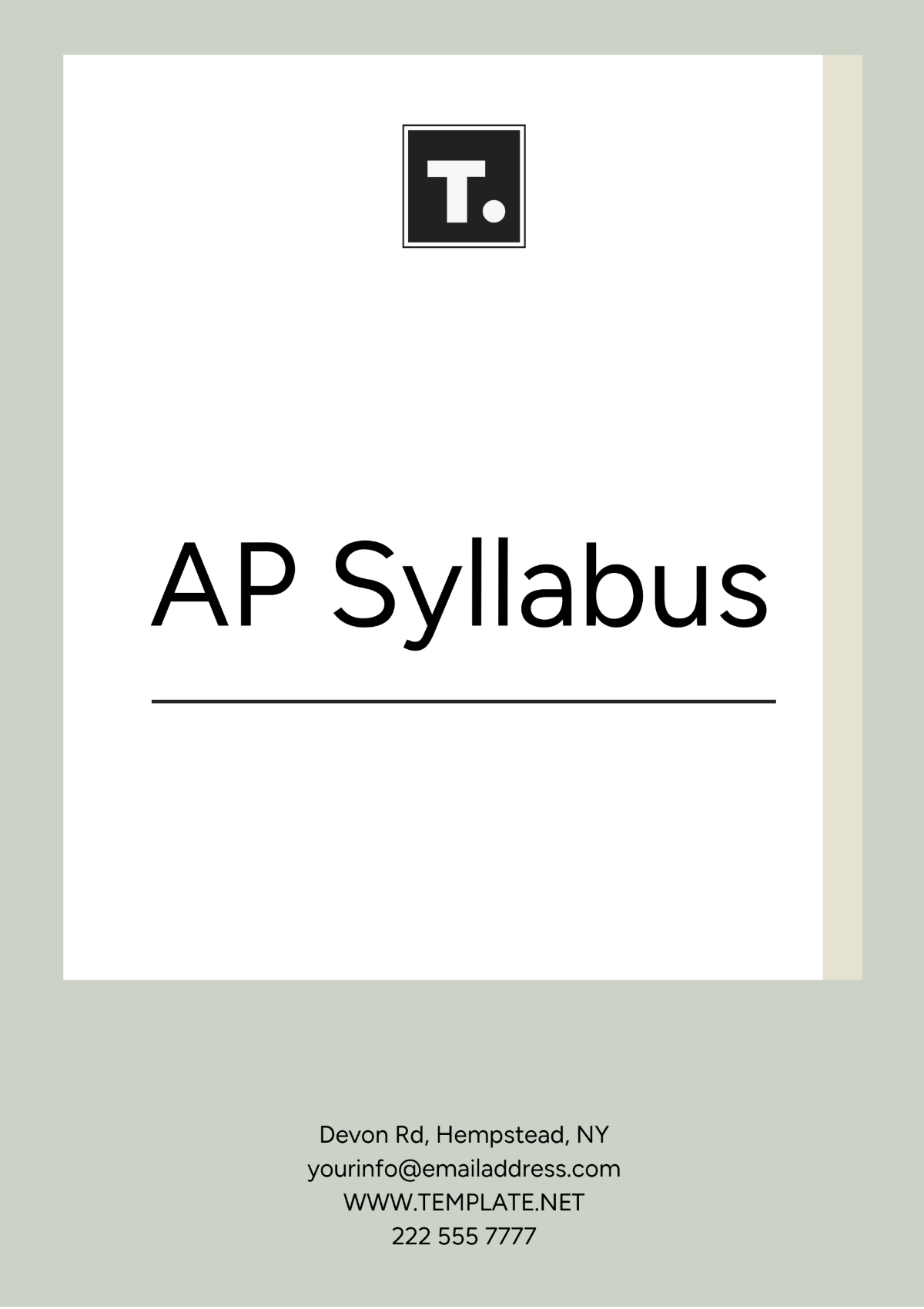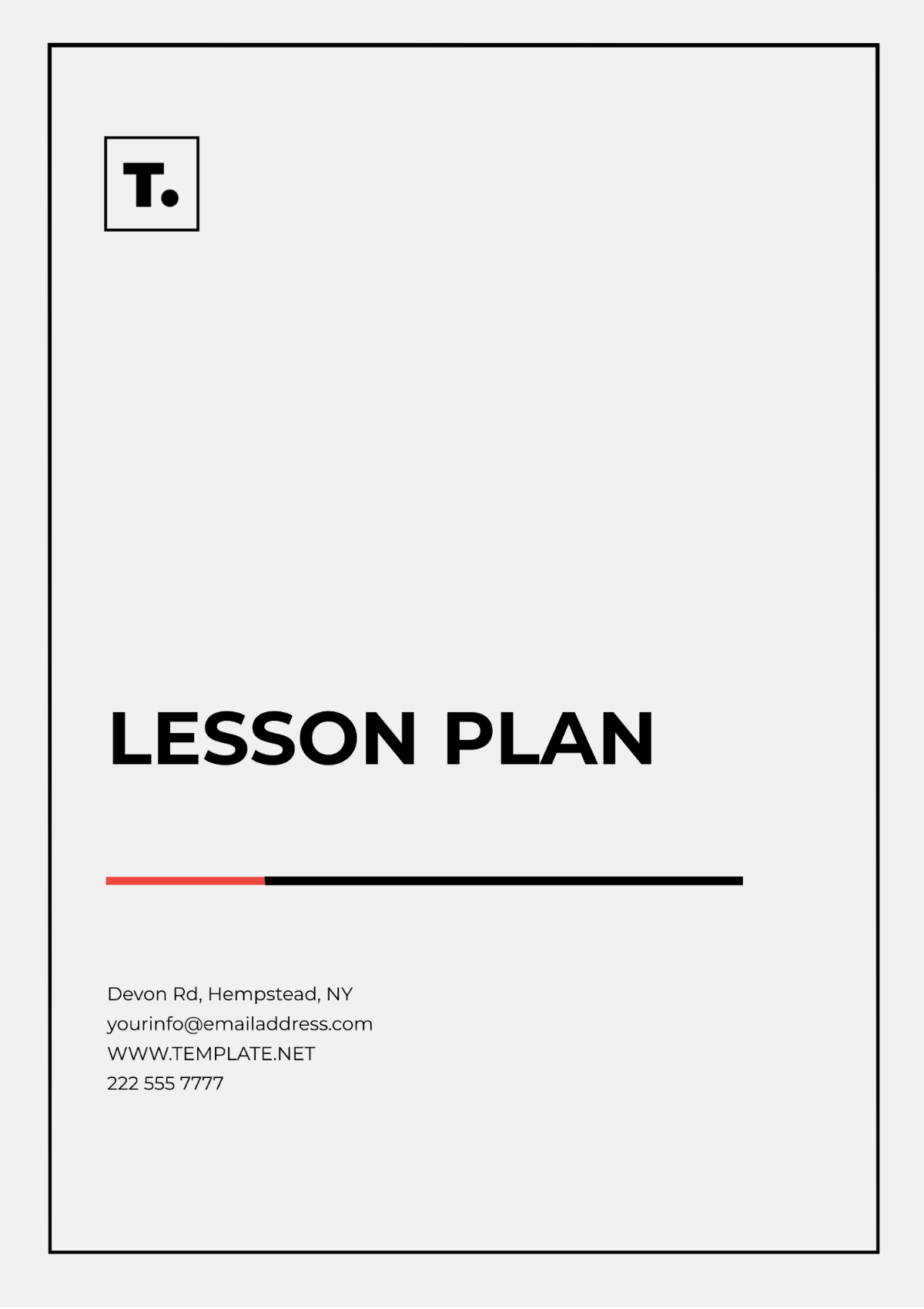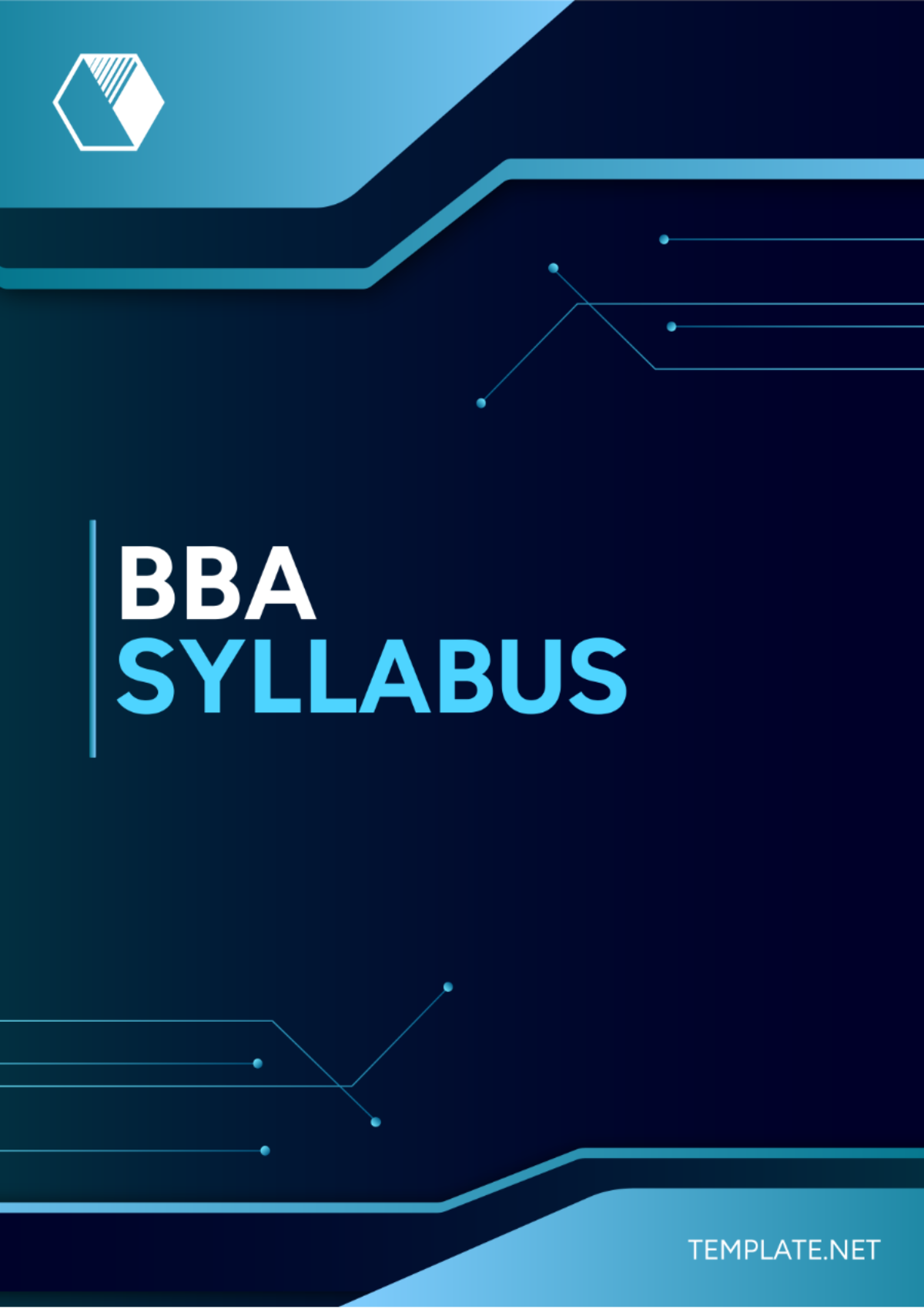Ethics Course Syllabus
Ethics Course
Course Title | [COURSE TITLE] |
Course Code | [COURSE CODE] |
Instructor Name | [YOUR NAME] |
[YOUR EMAIL] | |
Office Hours | [OFFICE HOURS] |
Class Location | [CLASS LOCATION] |
1. Course Title and Description
This course, ‘Ethical Principles & Moral Reasoning’, is designed to explore the fundamental principles of ethical theory and its application in real-world scenarios. As future leaders, students will learn the tools of argument and analysis that are essential to making moral judgments.
2. Instructor Information
Instructor: [YOUR NAME]
Company: [YOUR COMPANY NAME]
Contact: [YOUR EMAIL]
3. Learning Objectives
Gain an understanding of key ethical theories and principles
Develop skills to evaluate ethical situations and make informed decisions
Apply ethical theories to real-world problems
Enhance critical thinking and moral reasoning skills
Understand the role of morality in personal and professional contexts
4. Course Schedule
Week | Topic | Focus |
|---|---|---|
1-2 | Introduction to Ethics | Definition and importance of ethics |
3-4 | Moral Theories | Overview of major ethical theories |
5-6 | Ethical Decision Making | Approaches for making ethical decisions |
7-8 | Applied Ethics | Application of ethical theories in real-life scenarios |
9-10 | Ethical Leadership | Exploration of ethical leadership principles and practices |
11-12 | Ethical Dilemmas | Analysis of contemporary ethical dilemmas |
13 | Review and Reflection | Reflective discussion on course material and personal ethical growth |
5. Required Reading and Materials
The Fundamentals of Ethics by Russ Shafer-Landau
Ethics: History, Theory, and Contemporary Issues by Steven M. Cahn
The Elements of Moral Philosophy by James Rachels
Justice: What's the Right Thing to Do? by Michael J. Sandel
A Rulebook for Arguments by Anthony Weston
6. Assignments and Assessments
Weekly quizzes to reinforce key understanding
Case study analysis to foster critical thinking and decision making
Mid-term and final exams to assess comprehensive understanding
Group projects to enhance collaborative and ethical reasoning skills
Reflection essays to express personal understanding and perspective
7. Course Policy
Attendance is mandatory and will be factored into the final grade
Assignments must be submitted by the assigned deadline. Late submissions will incur a penalty.
Respectful and conducive discussion, both in-class and online, is expected
Plagiarism is a serious offense and will result in a failing grade
Further details can be found in the student code of conduct
8. Grading Policy
Category | Weight |
|---|---|
Participation | 10% |
Quizzes | 20% |
Mid-Term Exam | 30% |
Final Exam | 40% |
9. Disclaimer
The syllabus that has been given out is in no way final or unchangeable. It is variable and there might be modifications or alterations made during the course of study. In an event that such changes do occur, every measure will be taken to ensure that the students are made aware of the same in a prompt and timely manner. This however, does not exempt the students from being vigilant themselves. They are expected to consistently check for any new updates to this syllabus as well. Apart from this, the guidelines provided need to be followed strictly. It is the student’s obligation to ensure that they adhere to these guidelines and perform in accordance to it.

